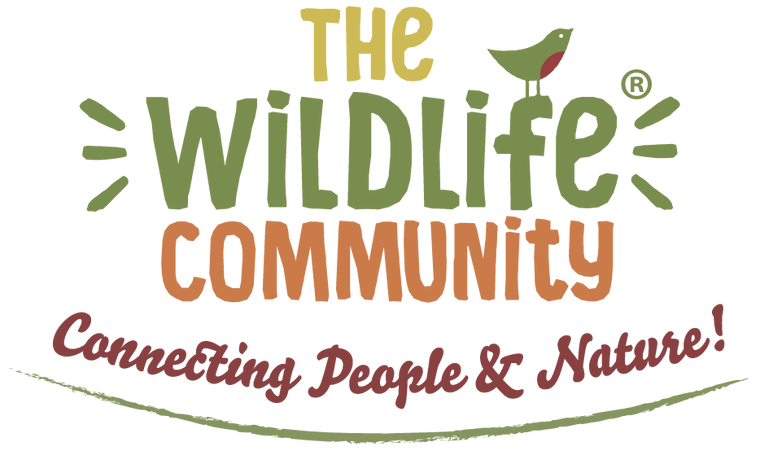
Recycle Week 2025: 5 Products You Can Rescue From Your Rubbish
By now we should all know the importance of recycling, however 79% of households miss one or more items from their recycling each year. Running from 22nd September to 28th September, Recycle Week is Recycle Now's flagship event where different sectors come together to raise awareness of the importance of recycling. With nearly 2.3 billion recyclable items ending up in the rubbish each year, read on to find how you can become a recycling hero and prevent landfill in the UK.
5 Products Which You Can Rescue From Your Rubbish Bin
1. Spray bottles: Once empty, these can be recycled. Trigger spray bottles are usually made from HDPE and PET plastics, which is the most commonly recycled plastic. When recycled correctly, they can find a new lease of life as a plastic raincoat.
2. Deodorant cans: Aerosols require specialist recycling, and are sent to special aerosol reprocessing facilities where every part of the aerosol is recycled and recovered. Once recycled, they can be turned into train parts.
3. Toothpaste tubes: Formally un-recyclable, toothpaste tubes have recently become a recyclable product. Most councils will currently not take these in household waste however they can be recycled at your local home recycling point.
4. Perfume bottles: These bottles can be recycled into champagne if disposed of correctly. Most councils will recycle these empty bottles at home, if not locally.
5. Yogurt pots: 743 million of these have been incorrectly recycled over the years! After they have been cleaned, yogurt pots can be recycled and turned into children's toys. These can usually be recycled at home.
(Please check with your local authority for more details on what you can and cannot recycle at home).

How Do Wildlife World Support Recycling?

Many of our products started life as something completely different. Our CH-ECO Recycled Bird Feeders have been crafted in the UK, and have been remarkably made from GUM-TEC, a compound made from recycled chewing gum. The clear parts of the feeder have also been made from polycarbonate, meaning the feeder can be fully recycled again after use. Another of our products made from recycled materials is our Eco-Blu Bird Feeder. This has been crafted from recycled ocean plastic and incorporates innovative WildShield Pro technology, offering protection against microbes, bacteria and fungi. Due to how to it has been produced, it is ready to be recycled again once finished with. Our Eco Bee Nester is also made from recycled products. The nester is formed from natural plant fibres with almost zero waste pollution during production. Once it has reached the end of its life, it can be degraded into fertiliser.
Top Tips For Recycling
'Wash and squash' your plastic pots, tubs and trays before putting them in the recycling. Squashing them down means you can fit more in there, and washing them out makes the product a lot easier to recycle.
Glass can be recycled, however it is dangerous to put broken glass into your recycling bin. This can pose harm to yourself and the operatives who are collecting your rubbish. Small pieces of broken glass should be wrapped up safely and large pieces of broken glass should be disposed of at your nearest county council household recycling centre.
Flattening and tearing up your cardboard boxes will make more room in your cardboard bin.
Remember to recycle textiles, batteries and small electrical items at your local county council household recycling centre, and not your household recycling.
If you aren't sure whether or not something can be recycled, look it up instead of assuming and potentially placing it into the wrong bin.
Where Can I Learn More?
A very handy website for more information about recycling locally can be found here. This tool created by Recycle Now will tell you more about how different items are processed in your area. For more information on Recycle Week 2025, please click here.



